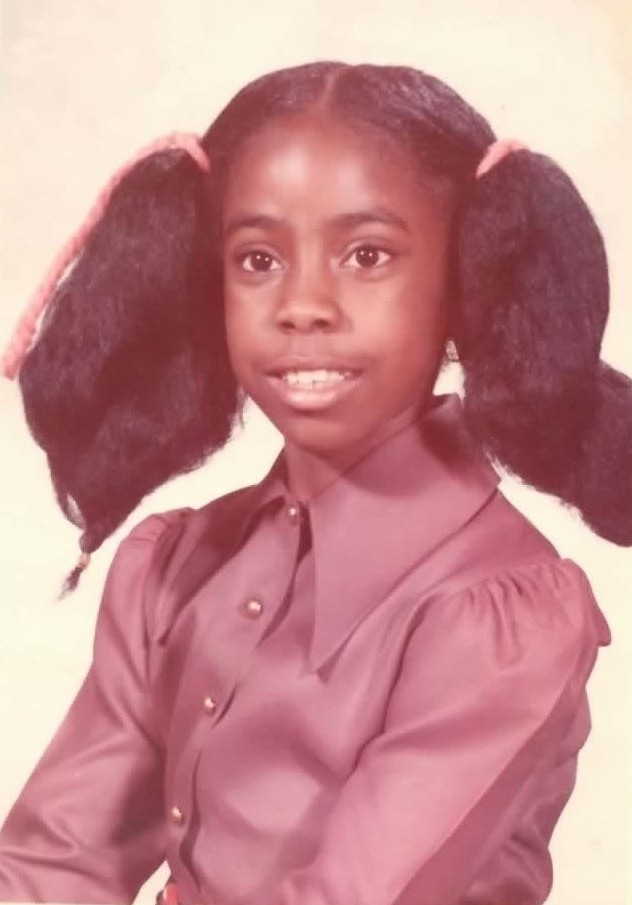June 2020

When I started first grade in Plaquemine, Louisiana, in 1969, I attended a segregated public school.
Though 1954’s Brown v. Board of Education had made it unconstitutional, segregation lived on in Louisiana and all over the South. Even though Louisiana’s own constitution of 1967 made segregation in public facilities illegal, lawsuits delayed its enforcement for another three years.
Just a few months into my first-grade year in February 1970, a court order came down requiring that public schools integrate.
Historically, this reads like progress. But it doesn’t take a historian to know that changes like these are rarely carried out smoothly and in good faith. In Plaquemine, a town on the Mississippi River just south of Baton Rouge with a population of 9,000 at the time, the Iberville Parish School Board did not admit wrongdoing and pledge to make it right. Instead, they did everything they could within the law to defy the spirit of the law. They demoted our two beloved black principals and closed a black school. Not only that, they announced that when black schoolchildren arrived at their new schools, they would be placed in segregated classrooms inside “desegregated” buildings.
Most of Plaquemine’s black residents reacted to these actions by keeping their children home from school. Many of them also took to the streets in protest, where they were met by Plaquemine police and the Iberville Parish Sheriff’s Department in riot gear and gas masks. Weeks of standoffs between police and protesters resulted in multiple violent confrontations.
Instead of keeping us home, my father, a school teacher, sent my brother and me to school. We were among very few black children to complete the school year and be promoted to the next grade. The next year, I went on to second grade, where I joined black children a year older than me who had been kept out of school in protest.
I’m sure that lots of our black neighbors resented us for my father’s decision to send us to school despite the school board’s actions. What I remember most, though, was the guilt I felt over the next ten years for being a year ahead of black children my age whose parents kept them out of school for the remainder of that year. For these children, their education was disrupted. They fell behind, while I stayed on track.
Today, as protests sweep across our country, marking yet another Herculean effort to upend institutionalized racism, I have found myself reflecting on the protests that stretched over months that spring in Plaquemine and my father’s decision to send us to school instead of following the lead of others and joining the boycotts.
Thinking back on it, I realize that my father's decision was one of the defining moments of my life. It taught me, ultimately, that there are many ways each individual can contribute to the fight for racial justice in this country. The protests were effective in calling attention to injustice. Even the New York Times sent a reporter to Plaquemine to share our story with the world. But, because he believed that education was the key to racial equality, my father chose to protest by defying the school board and the white community’s racist efforts to deny his children an education.
The protests over the recent killings of Rayshard Brooks, George Floyd, Ahmaud Arbery, and Breonna Taylor are effective, too. They have brought the attention of the country to unceasing injustice and sparked debates over policing reform. I hope we've reached a tipping point this time.
Like my father, I also believe that education is essential in the fight for racial equality. I believe that diversity, equity, and inclusion are fundamental to quality education and the development of human beings in a global and diverse world. To understand and make meaning of our world, you have to give voice to those whose voices have been suppressed and we all have to listen to each other with open minds and hearts.
Most of all, I believe that higher education gives us the best chance to engage in the kind of honest self-examination that reveals our complicity in injustice and will be essential if we are to create a better world.
---Dr. Karen Butler-Purry
Associate Provost for Graduate and Professional Studies
Professor of Electrical and Computer Engineering